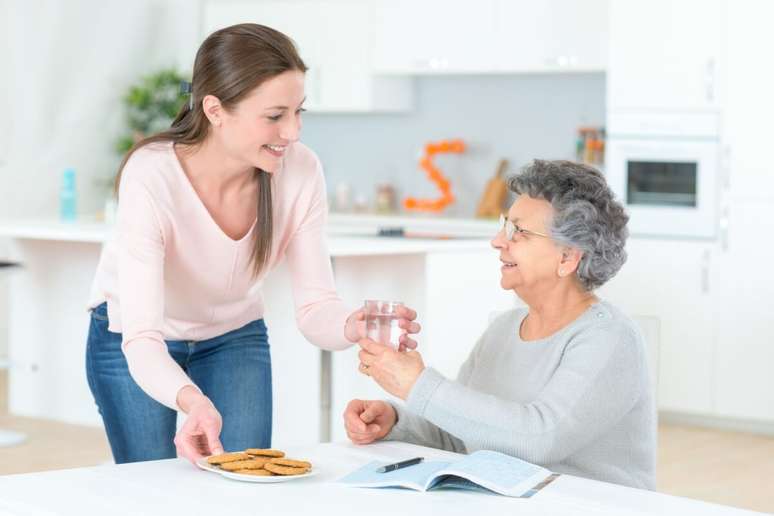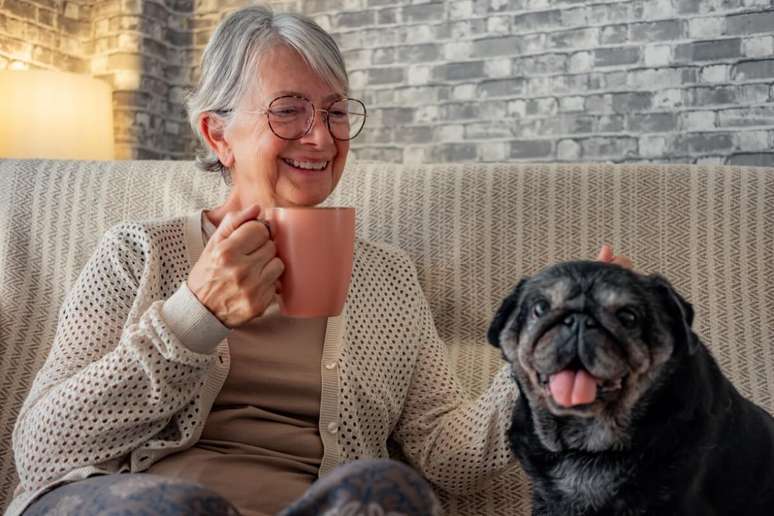Some precautions are essential to ensure the safety of these people against the disease
More prone to comorbidities and weakened immune systems, people aged 60 and older are more likely to have the most severe form of dengue. Although only 11% of recorded cases are infections among the elderly, these correspond to 50% of deaths due to the disease in Brazil in the last decade.
The data is from the Information System on Notifiable Diseases (Sinan), of the Ministry of Health: according to the research, in the period analyzed, the mortality rate from dengue, although generally considered low, was eight times higher among the elderly. The comparison was made with people under 60 years of age.
From 2014 to 2024, 9.5 million cases of dengue were recorded among people aged between zero and 59, for a total of 3,211 deaths. Among the elderly, the number of cases is much lower (1.2 million cases), but the total number of deaths has reached 3,299.
The mortality rate was 0.03% in the first group and 0.27% in the second. Furthermore, the risk of death from dengue increases with advancing age. In patients aged 80 years and older, the mortality rate reached 1.03%. This group represented only 1.2% of those infected, but a staggering 20.1% of those who died.
Causes of the highest risk of death
According to Antonio Leitão, director of the MAG Longevity Institute (a non-profit association representing the elderly and pensioners created by MAG Seguros), the elderly are at greater risk of death from dengue due to their weakened immune response and the presence of pre-existing pathologies. .
“Hypertension, diabetes and heart problems are more prevalent among the elderly. Due to comorbidities, the elderly are more likely to suffer from complications arising from dengue,” he explains.

Necessary care for the elderly
Even in the face of mild symptoms, for this reason age range, it is essential to seek help. Daily monitoring for warning signs and more rigorous hydration are typically recommended. Additionally, it is important to consult a doctor about which ongoing medications should be stopped to prevent the condition from worsening.
Preventing dengue in the elderly
In the prevention of infection, measures aimed at elderly they are the same ones recommended for the entire population. Check it out below:
- Eliminate possible mosquito breeding sites Aedes aegizi;
- Apply the repellent all over the body, especially during periods of increased insect activity (early morning and late afternoon);
- Preferably wear clothes that cover most of the body. Wear pants, long-sleeved shirts and closed shoes.
By Mayara Sakumoto
Source: Terra
Rose James is a Gossipify movie and series reviewer known for her in-depth analysis and unique perspective on the latest releases. With a background in film studies, she provides engaging and informative reviews, and keeps readers up to date with industry trends and emerging talents.





-1h7z84rdb1ruc.jpg)
-vf0vic1yi6aq.jpg)
-t8431tbjr50x.jpg)

